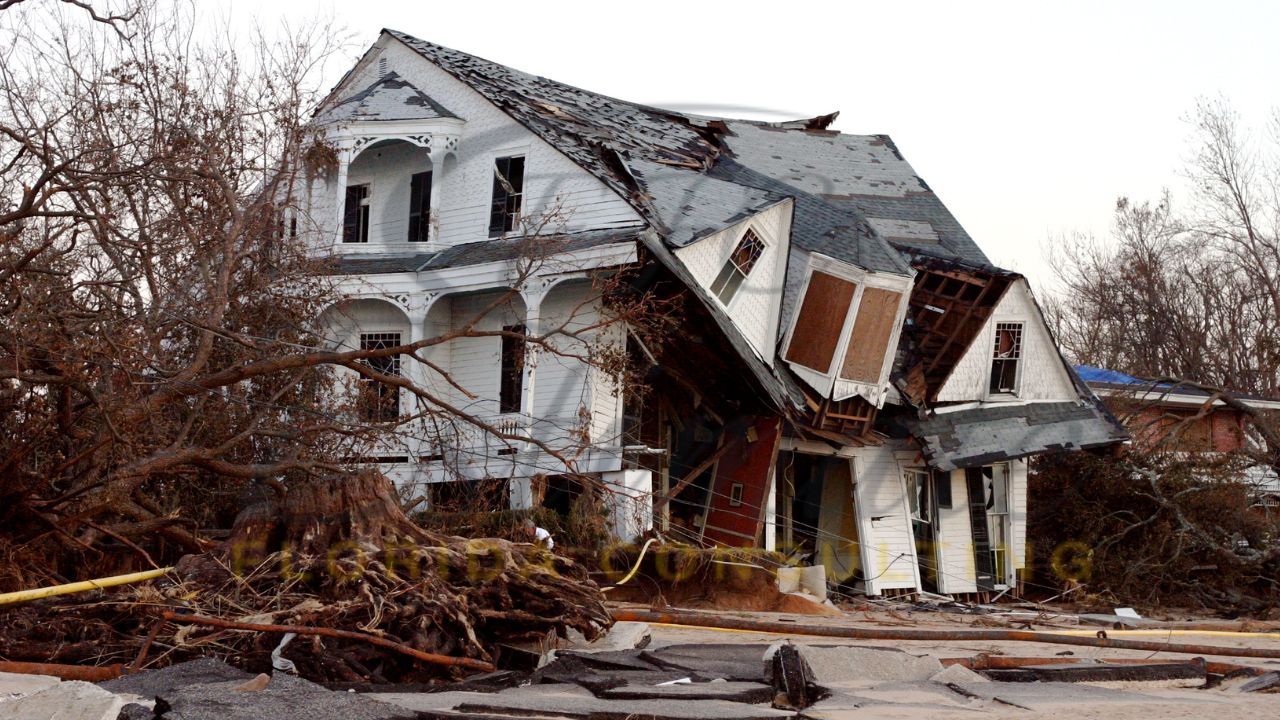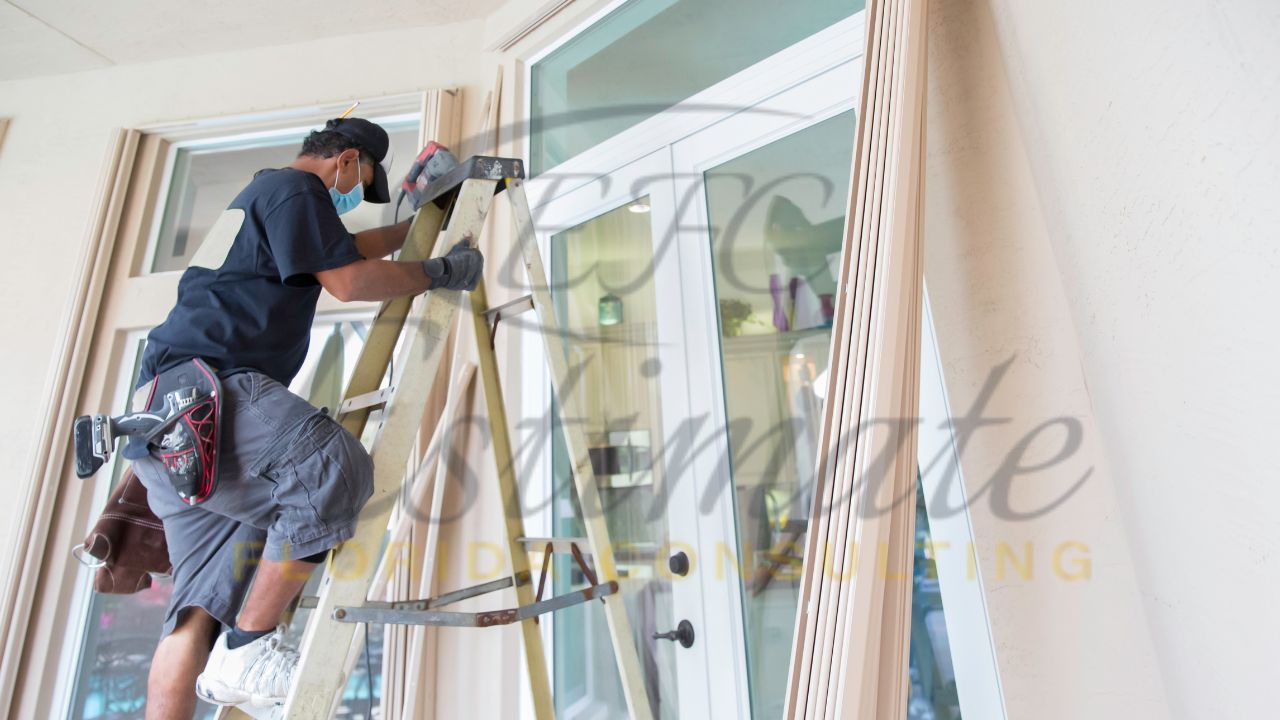Planning Outdoor Repairs After a Florida Hurricane
Florida homeowners know hurricanes well, but that doesn’t make cleanup easier. After the wind dies down and the water drains out, the real work starts. Fences, patios, driveways, and anything outside usually take the worst of it. Figuring out what to repair first helps keep recovery simple and can save money down the line.
It’s easy to want everything fixed at once. But if we slow down and deal with repairs based on safety, weather protection, and structure, the results last longer. Some damage isn’t urgent. Some of it can wait until things calm down a little.
Start with Safety and Structural Concerns
Fence Damage Is Often a First Sign
Fences usually get hit hard in storms. Wind snaps posts, knocks panels loose, or takes down whole sections. It might look like just a visual problem, but a broken fence can raise safety concerns, especially if you have pets or a pool. In a lot of places, fences also set property lines or meet HOA rules.
In Florida, where hurricanes happen often, local contractors usually get the first call when fences go down. It’s important to choose a company that not only understands wind damage and permitting, but also builds fences to last through the next storm. Local Choice Fence is a fence company in the Tampa area that handles both emergency repairs and full installations, with a focus on following local codes and solving storm-related issues.

Driveways and Concrete Surfaces Should Be Inspected Closely
Cracks in the driveway might not seem serious, but they can get worse fast if water seeps underneath. Shifting or sunken concrete can trip people up or push water toward the house. Watch for pooling, gaps, or spots where the driveway isn’t level anymore.
If it’s just tiny cracks or discoloration, you can probably wait. Just keep an eye on it, especially during the next big rain. Even small flaws can grow in Florida’s wet weather.
Screened Patios and Enclosures Can Pose Hidden Risks
Screened lanais and pool cages are common in Florida, but they don’t always hold up well in storms. Screens can tear and frames can twist under pressure. Ripped screens usually aren’t urgent. But if the frame is bent or damaged, it’s worth checking out right away. Weak frames can collapse under their own weight or during the next storm.
Look for signs like warping, shaking, or missing bolts. If the enclosure looks like it’s pulling away from the house or doesn’t feel stable, get it looked at even if the damage doesn’t seem major at first.
Stucco and Siding May Hide Deeper Damage
Even when everything else looks okay, damage to stucco or siding can let water into the walls. Tiny chips might not look like much, but they expose the underlayers to moisture. That can lead to mold or deeper structural trouble. Look for things like bubbling, peeling, or dark streaks near doors and windows.
If you see any of that, try to handle it sooner. But if the stucco is only chipped and the wall underneath still feels solid, that fix can probably wait a little while.
Cosmetic Repairs Can Wait
It’s normal to want the house looking good again fast. But spending time on cosmetic stuff like paint, landscaping, or pressure washing too early can take focus away from the important fixes. These jobs usually don’t affect safety or structure, so they’re better left for later.
Painting over a crack in the stucco, for example, might hide it but doesn’t solve the real problem. The same goes for surface stains on concrete or minor wear on a fence. You’ll save time and money by waiting on those.
Document Damage and Plan Ahead
Before you start fixing anything, take photos of every damaged area. Get pictures of cracks, uneven slabs, broken parts, anything that’s out of place. Keep your receipts and estimates too. That paperwork can help with insurance later or even increase resale value, whether you file a claim or not.
To get a rough idea of pricing, online tools like Estimator Florida’s calculators can help you set a budget. Whether you’re repairing concrete, fencing, or enclosures, having a ballpark number helps you figure out what to fix first and how to schedule it all.
Florida Builders Understand Storm Impact
After a hurricane, it can be hard to find a contractor. A lot of people are calling at once, which means long wait times. In cities like Tampa, local crews are usually more available than ones from other areas, and they know what to expect from local storms.
Contractors with storm experience understand the local permitting, materials, and codes. They’ve seen what failed in the past and know how to build stronger next time. That really matters when you’re repairing fences, concrete, or other structures that stay exposed year-round.
Group Repairs When Possible
If your property needs more than one type of repair, try bundling the jobs. Say your fence needs replacing and your driveway needs patching. Doing both together might save on labor and time. Many contractors offer better pricing when the work is grouped and it cuts down on visits and delays.
It also helps you stay ahead of the next storm. Finishing more in one phase means less risk while waiting on the rest.

What to Fix Now and What Can Wait?
Repairs that affect safety, waterproofing, or structure should go first. These usually include
- Leaning or broken fence sections
- Driveway cracks causing puddles or trip hazards
- Bent or unstable enclosure frames
- Stucco cracks with bubbling or staining
- Any damage likely to get worse in another storm
Stuff that can probably wait
- Torn screens with a solid frame
- Surface-level cracks in concrete
- Power washing or painting
- Replacing plants or decorative features
Sorting repairs by urgency helps you stay focused and avoid getting overwhelmed. It also helps contractors see what matters most when they inspect your home.
Smart Recovery Makes a Difference
Getting through a Florida hurricane is hard enough. You don’t need to rush through the recovery. Start with the most important stuff. Use tools to stay on budget. Work with local pros who know what storm damage looks like around here.
Recovery takes time but it doesn’t have to be a mess. Handle what matters, stay organized, and lean on people who’ve done this before. You’ll be in better shape when the next one rolls through.

